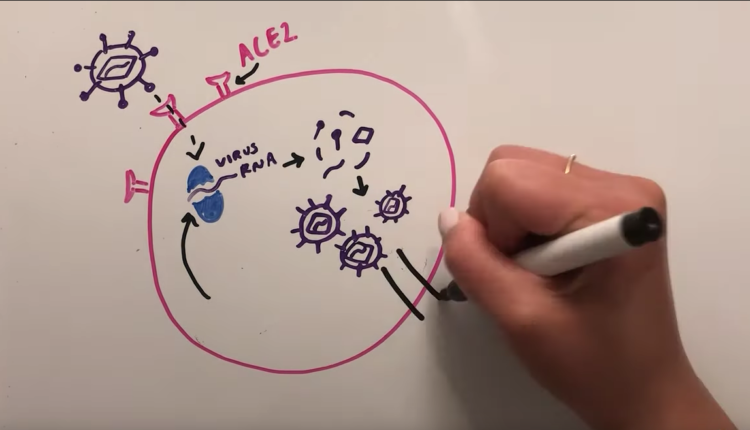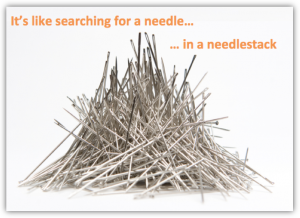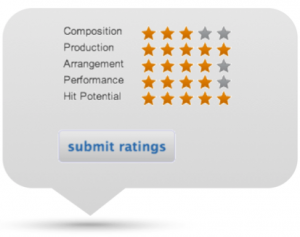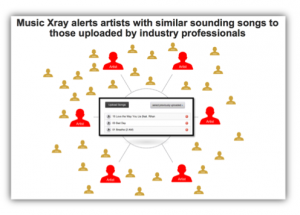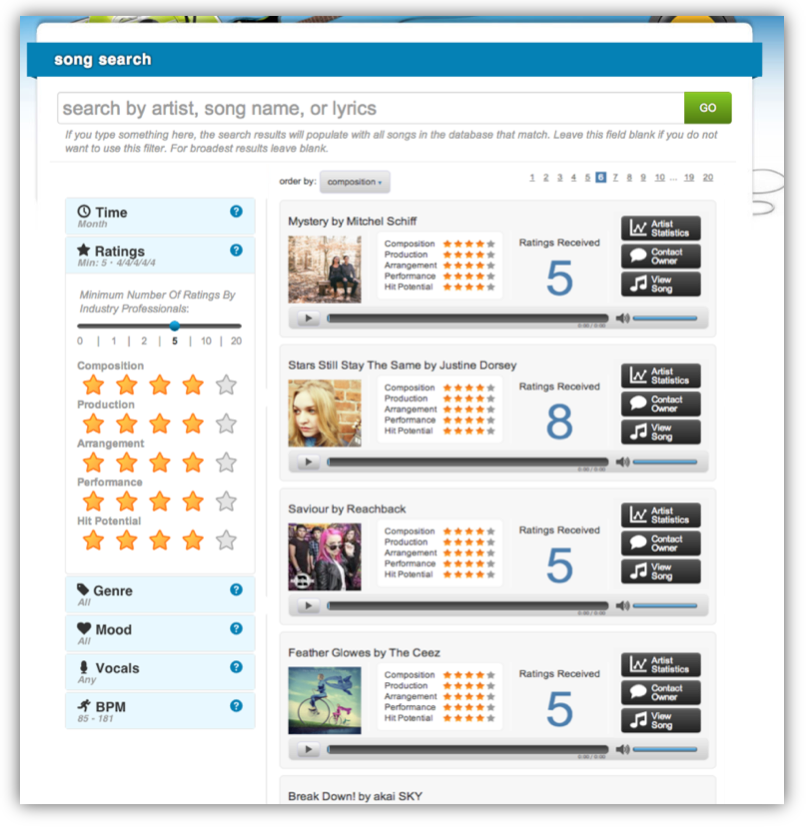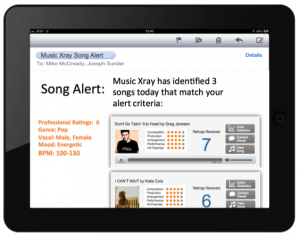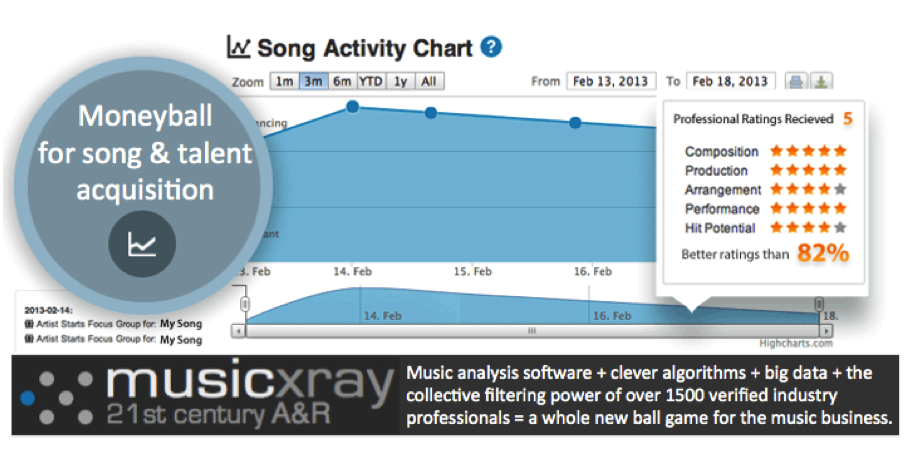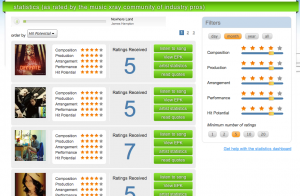This article was originally posted by Jack Ponti as a response to this pov piece written by Music Xray Co-founder & CEO, Mike McCready.
…………………
There’s a vast misconception concerning the way new music and talent is discovered in the new paradigm of the Internet.
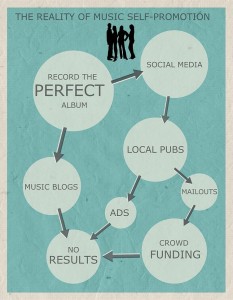
Where are all the DIY success stories?
While it’s true that anyone can now simply create a web page, populate every social media site there is, and virtually self-promote and distribute music, the reality is that 99.99% of that music will only be heard by family and friends. If the rallying cry of “we can do it ourselves” were true, then why are there not thousands of success stories? Because the ability to market and promote inside a clogged bandwidth is virtually impossible. You can’t build critical mass. This also creates a big problem for the industry. There is no filter.
Now, one may say the lack of a filter, gate keeper, standard, etc. has allowed music that would have never been heard a chance to be heard. But by who? Surely not the masses. It’s most likely to be heard by only a few. Sure, now anyone with a song can go full-bore Internet crazy and do all the wonderful things that people claim will help build their career, but it’s just not true. Again, where are all the success stories?
The industry’s pre-Internet filter:
Pre-Internet, the music industry had a filter. Perhaps it didn’t work all of the time and I am certain some great music was lost along the way due to that filter. The filter involved the artist knowing someone with genuine access who could get their music to someone who could actually do something about it. The filter also involved a policy of “no unsolicited material”. Meaning it would not be listened to unless someone vouched for it.
 There was a dual role in the no unsolicited material policy.
There was a dual role in the no unsolicited material policy.
One, was it avoided deep pocketed and pointless lawsuits. If unsolicited submissions were allowed, someone could randomly send in a demo and then months later find some ambulance chasing attorney to file suit claiming infringement, hoping the label/artist would settle. But the primary reason for the policy was that if you allowed unsolicited material you opened the door to everyone on Earth who believes they have talent. And most don’t. The mountain of material that would have been sent in would have taken thousands of people to sift through. So yes, we more than likely lost some genius talent due to the restriction of that filter but we also found plenty as well.
The industry believed that if a known manager, lawyer, publisher, producer, etc. was presenting music, it must be somewhat good. Now granted, it sometimes wasn’t. But for the most part, it met a standard and certain level of professionalism. It also spoke of the artist’s, writer’s, or producers’s, own ability to hustle and get to someone with genuine access. It worked well, as evidenced by decades of music.
But I have always said, the next Beatles were in a basement somewhere and will never be discovered due to lack of industry access. I’m sure we missed out on plenty.
In my 35 plus years in this business, wearing every possible hat that you can, 99.99% of my success was directly due to a filter. I was hammered by one of my clients to listen to India Arie. My manager introduced me to Jon Bon Jovi. A&R men brought me countless projects in development. Lawyers made introductions. The list is endless.
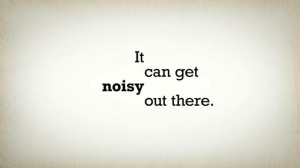 So here we are in the Internet age. No filter, no gate keeper, it’s a free for all!
So here we are in the Internet age. No filter, no gate keeper, it’s a free for all!
But what do you do to genuinely find exceptional talent? Google search “good music”? Good luck with that. YouTube? If you have a decade of time on your hands. Reverbnation, Facebook, Soundcloud, Twitter, sure there are a multitude of possible places, but none of this has been filtered.
Unfortunately without a filter, you have to sift through hours of horrendous music to find even a remote possibility. Why? Because just like in pre-Internet days, anyone who can play any instrument or remotely sing is now convinced they “have what it takes” and they just clog the bandwidth with music.
Even from a psychological point of view, pre-Internet, people somewhat filtered themselves, thinking (or knowing) they were just OK, and why bother. But with the proliferation of TV shows like American Idol, we are now in the “yes I can” stage. Though that is wonderful, it can also be painfully unrealistic. Then with the advent of sites like CD Baby, people assume stardom is around the corner. For some it is. For many it’s not. But the illusion is real and by having a web site and distribution, suddenly you are there, or so you think.
I am not condemning that nor making fun of it. It’s wonderful to share your music with people and even if that means sharing it with only one other person that is a success and should be applauded.
What’s needed?
However the heartbeat of the music business is new talent and there is a tremendous amount of undiscovered new and brilliant talent lurking out there caught in the miasma of a clogged Internet. Like I said, we missed some great talent along the way and truth be told, we are missing way more now.
A true and accurate filter will bring that talent to the forefront in rapid time. I salute and respect those who chose to go it alone, DIY, indie, whatever you chose to call it. But this business needs new talent and for those who want to be within that framework, they need to be discovered. Be it an artist, writer, producer; they need to have access and we, as an industry, need to access them or we’re all in trouble.
There has been a method of A&R research in place for over a decade now. It works very well, however it relies on spotting blips on the radar screen of something already in motion, something that has traction. Be it local or regional sales or radio airplay, it is already moving.
The same can be said for the recently announced deals with Twitter and Shazam moving into the label space. That is not discovery of talent, rather that is identifying moving targets after they start moving. The very essence of how Shazam works is you have to be searching for something you have already been exposed to. The same can be said for the concept of using Twitter as an identifier. Both are post, not pre.
 There has been no genuine, and accurate, A&R filter in the entire industry to sift through the clogged space that we are currently subjected to. In order to do that properly you need to create the proper mechanism that is human based and software synergistic.
There has been no genuine, and accurate, A&R filter in the entire industry to sift through the clogged space that we are currently subjected to. In order to do that properly you need to create the proper mechanism that is human based and software synergistic.
As you know, Mike [McCready of Music Xray] and I began in a highly acrimonious relationship, one of war. We have been speaking and meeting for months now, coming from opposite ends of the spectrum to find a genuine solution for the lack of a true A&R filter. We had opposing views but have come to agree. Chances are this is something monumental. I am convinced we are building that now.
The benefits to both the artists and the industry are enormous and I truly believe we can make a difference.
…………………….
Musicians can submit music to Jack Ponti’s Merovee records by clicking here.

